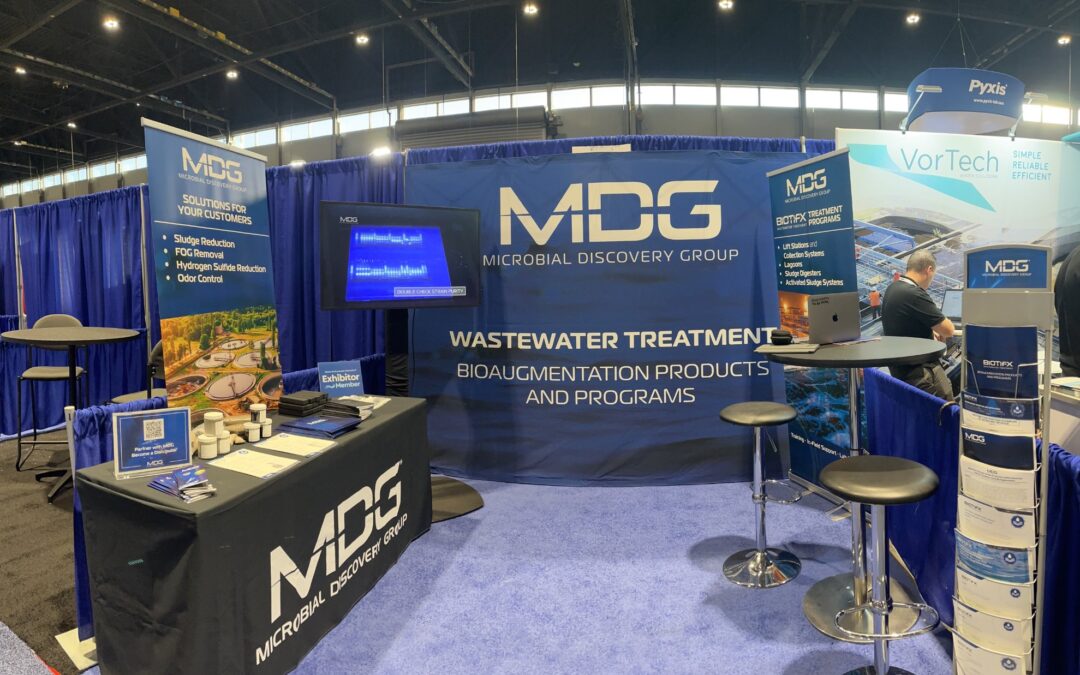At MDG, we make Bacillus cultures and products for a range of industries, including food. When it comes to serving our customers in this industry, specifically those manufacturing probiotics for human gut health, they often ask how we keep their cultures separate from those in the other markets that we serve.
To keep food ingredients safe from cross-contamination, we leverage a dedicated room and equipment for food ingredients and process one strain at a time. We also follow strict manufacturing practices mandated for the food manufacturing industry, including having all equipment cleaned and logged after each use.
How we process probiotic food ingredients
Powder processing starts in the food room at our facility in Oak Creek, WI. The food culture is milled in this room and then added to a dedicated stainless-steel intermediate bulk container (IBC) which we refer to as “R2D2”.
Once R2D2 is filled, a special lid is fastened to the top that has dividers acting like paddles to help mix the culture effectively. The IBC is then wheeled over and connected to the blending machine which lifts and rotates the bin, thoroughly blending the culture within the IBC. It’s important to have a blended or homogenized culture as this will provide a consistent Bacillus count throughout the culture powder.
After mixing, the IBC is lowered and wheeled back to the food room where the culture is packed into final customer-specified packaging. Once packaged, the culture containers are labeled and placed in a holding area until approved by our Quality Control (QC) team for release. The room and equipment are cleaned, cleaning is logged and verified, and then the room is ready for the next food culture.
As an additional check, our QC team will swab the cleaned equipment for adenosine triphosphate (ATP) and allergens. Allergen swabbing helps show our team that the processes in place for preventing cross contamination at the milling and blending facility are effective.
MDG is here to help you!
Having dedicated rooms and equipment for food cultures prevents unintentional cross-contamination from other cultures and allergens. If you’re in need of food grade cultures to produce probiotics, we would be happy to give you a facility tour to show you our food culture processes and quality assurance procedures in-action. Contact us and one of our account representatives will be in touch.









